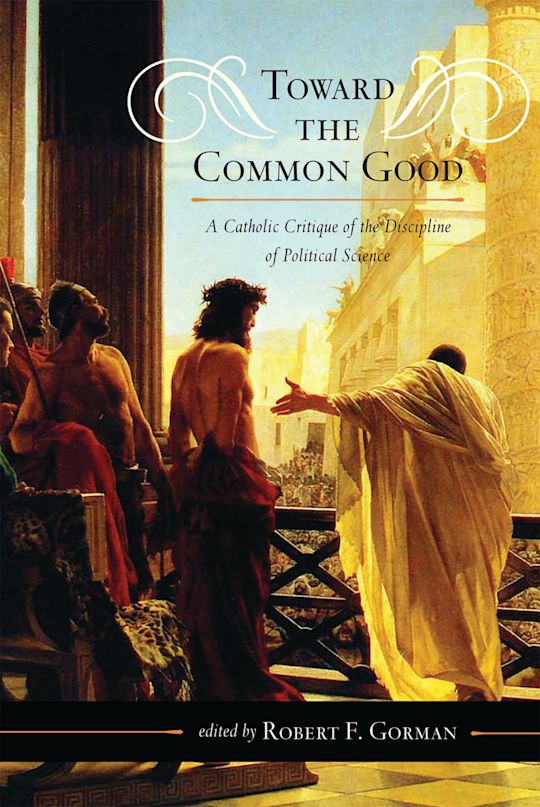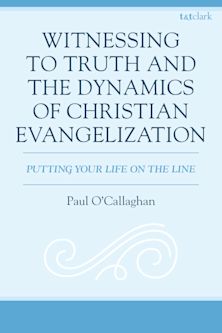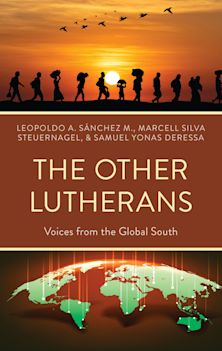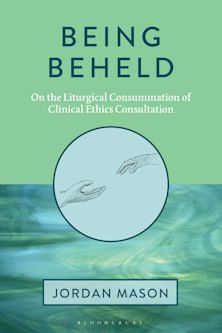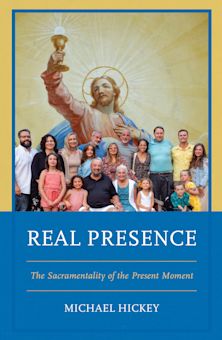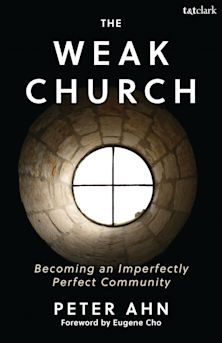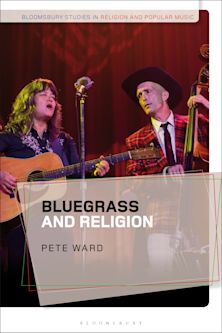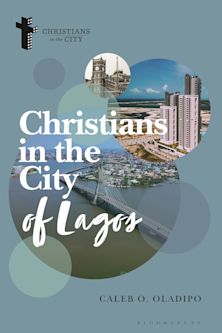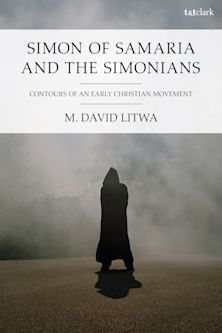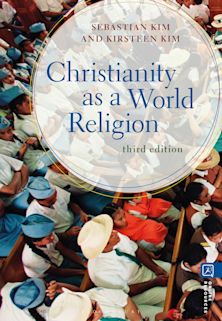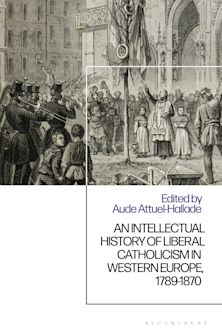- Home
- ACADEMIC
- Religious Studies
- Christianity
- Toward the Common Good
Toward the Common Good
A Catholic Critique of the Discipline of Political Science
Toward the Common Good
A Catholic Critique of the Discipline of Political Science
This product is usually dispatched within 2-4 weeks
- Delivery and returns info
-
Flat rate of $10.00 for shipping anywhere in Australia
You must sign in to add this item to your wishlist. Please sign in or create an account
Description
Over the course of two millennia, the Catholic Church has served as one of the key institutional influences on the development of political science. Papal writings on the social teachings of the Church and their application to the modern world reflect the important role the Church has played as a political evaluator and social critic of political ideas and realities and the concepts and methods through which we seek to understand them. Toward the Common Good critiques political science from a distinctly Catholic perspective. Essays in this work engage forthrightly with the origins and destiny of humanity and explore—through a Catholic lens—the natural inclination of human beings to aspire toward the attainment of the common good.
This book examines how the subfields of political theory, comparative politics, American government, international relations, and public administration draw on foundational connections between moral and political philosophy and political science's natural affinities with history, law, anthropology, sociology, and theology. The contributors assess the quality of contemporary political analysis by applying the Catholic principles of the unity of knowledge and pursuit of truth to the traditional principles of justice, the common good, solidarity, and subsidiarity, all in direct contrast to the utilitarian, secularist, materialist, and relativist approaches that dominate political science today. The essays collected here address the question of method in the study of politics—especially the confining effects of regnant behavioralism—and offer in opposition a recovery of political philosophy, the natural law tradition, virtue ethics, and moral realism. Finally, each contributor suggests how the Catholic political scientist can draw upon the truths of the Catholic faith to enter into the study of politics and how that faith influences the kinds of questions and research a Catholic political scientist undertakes.
Table of Contents
Robert F. Gorman, Professor of Political Science and International Studies, Texas State University
Chapter 2: A Catholic Approach to Political Theory
Steven J. Brust, Associate Director of the Toqueville Forum, Georgetown University
Chapter 3: The Ancient/Modern Distinction and the Catholic Intellectual Tradition
Robert P. Hunt, Professor of Political Science, Kean University
Chapter 4: Political Science and the Study of American Politics
Ryan J. Barilleaux, Professor of Political Science, Miami University, Ohio
Chapter 5: Toward a Subsidiary Public Administration: A Catholic Perspective
John A. Corso, Georgetown University, Center for Continuing Professional Education
Chapter 6: Comparative Politics: Meaning, Purpose and the Common Good
Anthony R. Brunello, Professor of Political Science Eckerd College
Chapter 7: A Catholic Critique of International Relations Theory
Andrew Essig, Associate Professor, DeSales University
Chapter 8: A Catholic Critique of Global Institutional Studies
Robert F. Gorman, Professor of Political Science and International Studies, Texas State University
Bibliography
About the Contributors
Product details
| Published | 06 Oct 2011 |
|---|---|
| Format | Hardback |
| Edition | 1st |
| Extent | 194 |
| ISBN | 9780810877962 |
| Imprint | Scarecrow Press |
| Dimensions | 238 x 165 mm |
| Series | Catholic Social Thought |
| Publisher | Bloomsbury Publishing |
About the contributors
Reviews
-
Toward the Common Good will be useful to both Catholic and non-Catholic scholars. The former will find in it many useful suggestions for how they might integrate the Catholic intellectual tradition into their own professional studies. The latter will learn that there is nothing to be feared and much to be gained from returning once again to the moral realism of which the Church is still the most persistent and persuasive teacher. And for those teachers who wish not only to survey political science as it is currently practiced but also to invite students to critical reflection on its limitations, the book would make a useful addition to the reading list for an undergraduate introduction to political science course or a graduate scope and methods course.
Catholic Social Science Review









